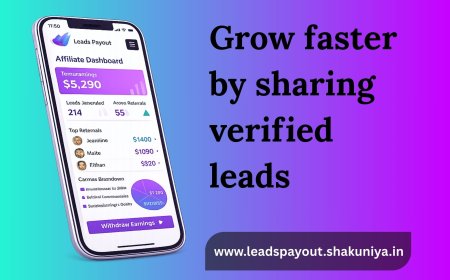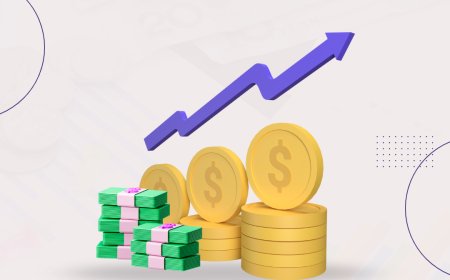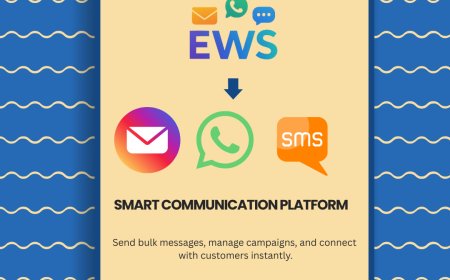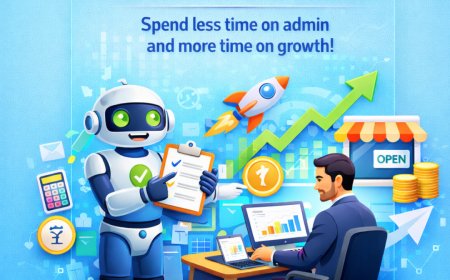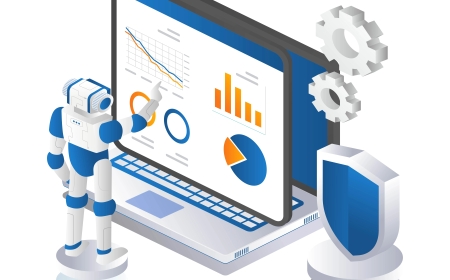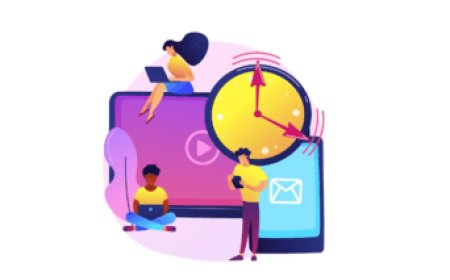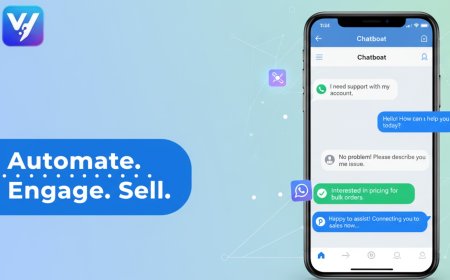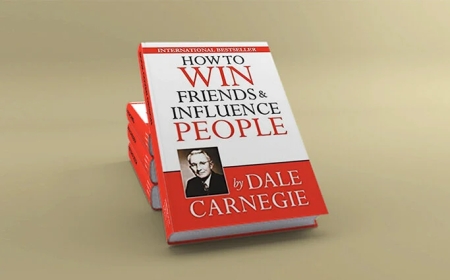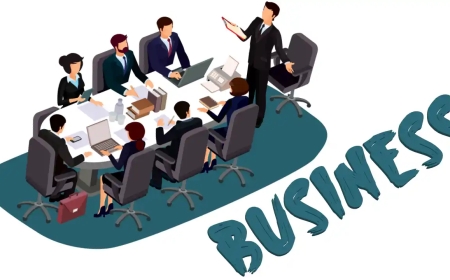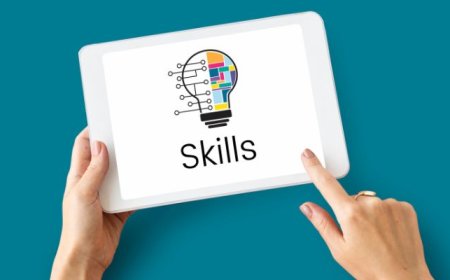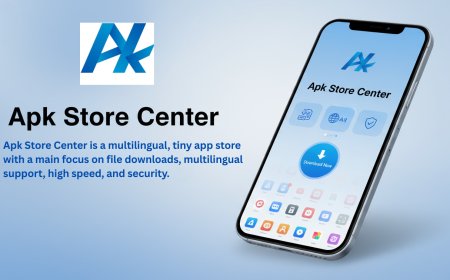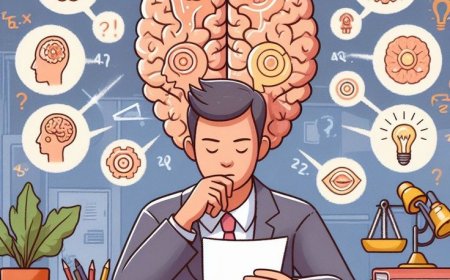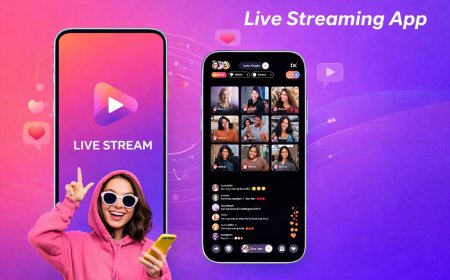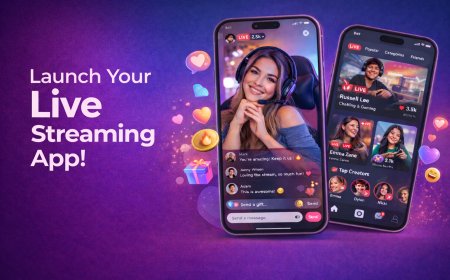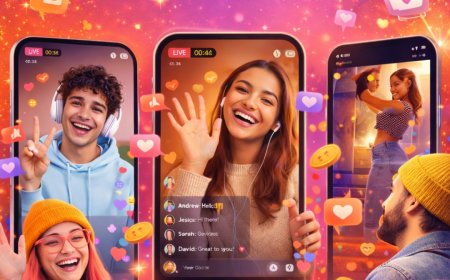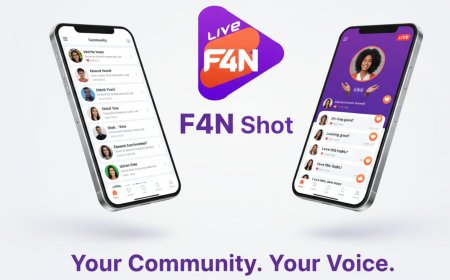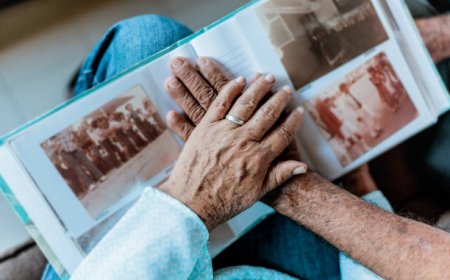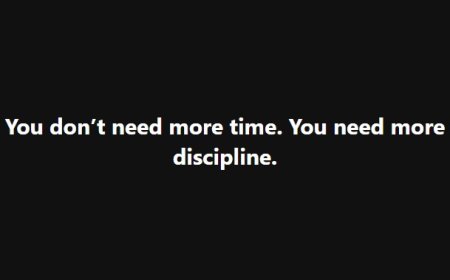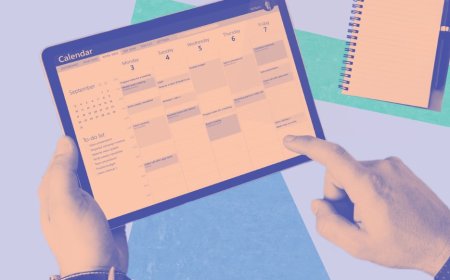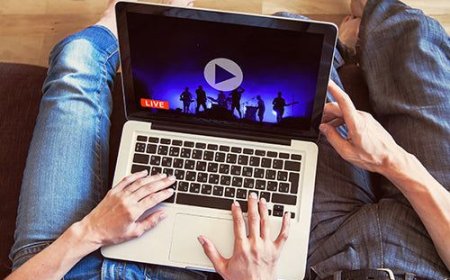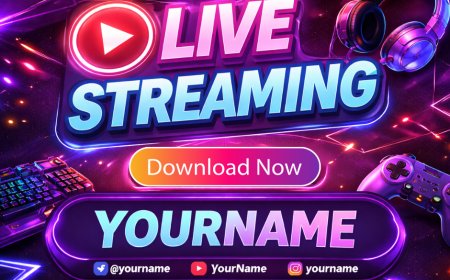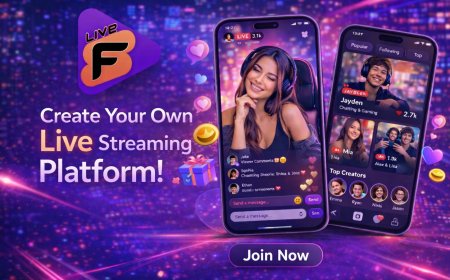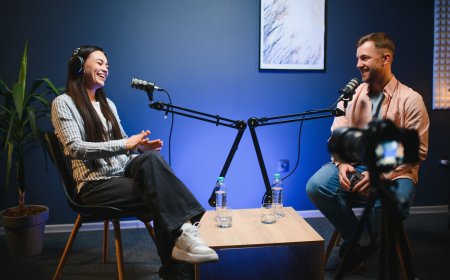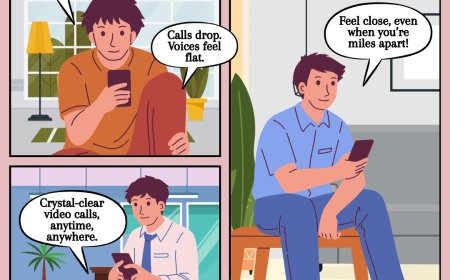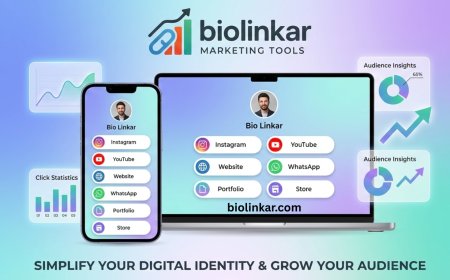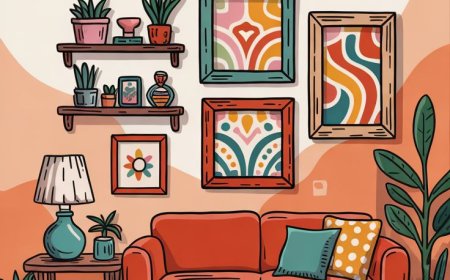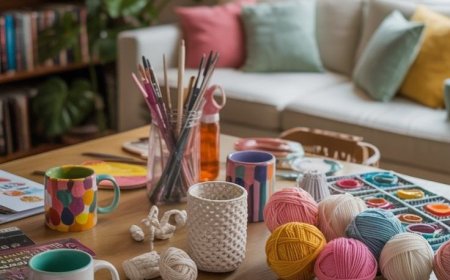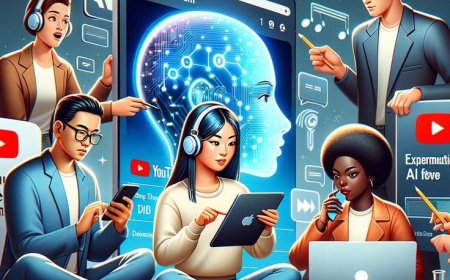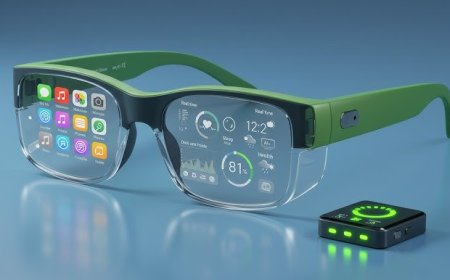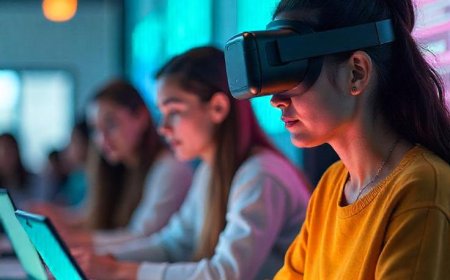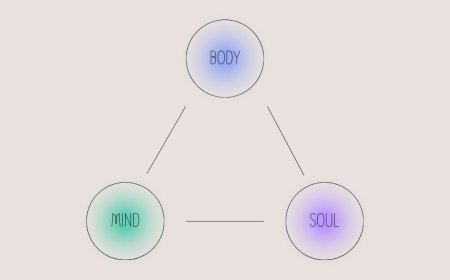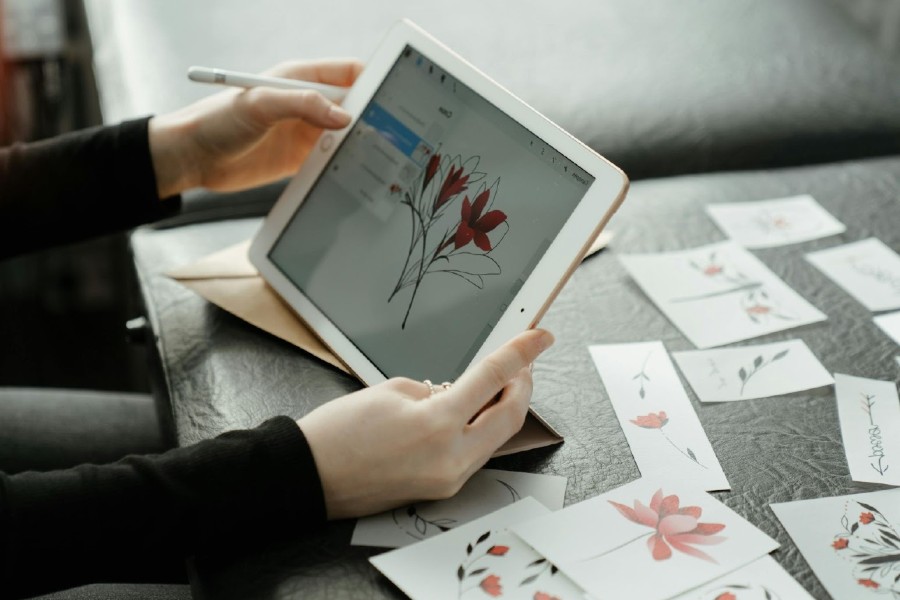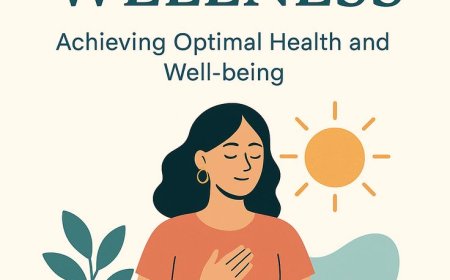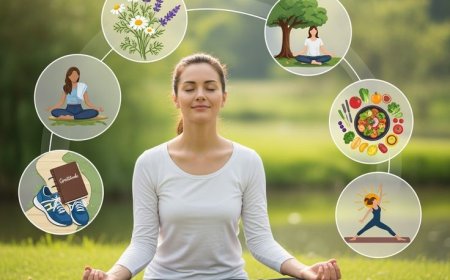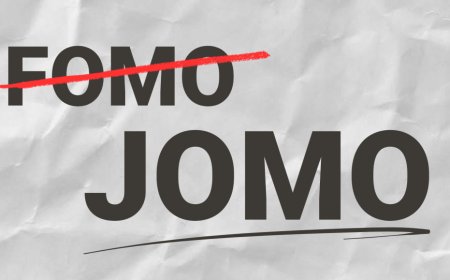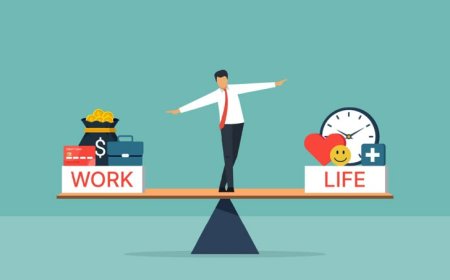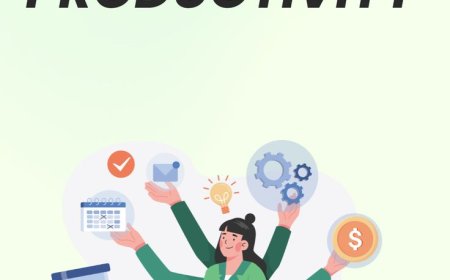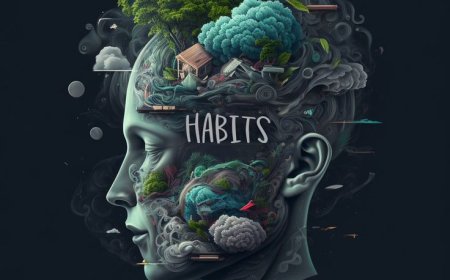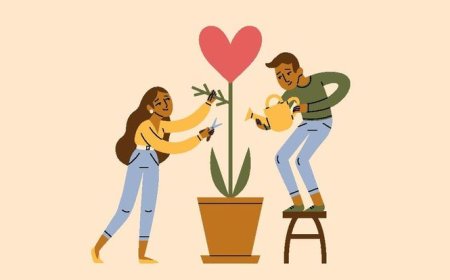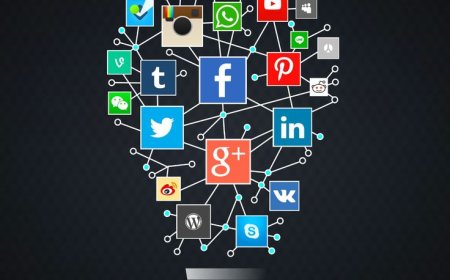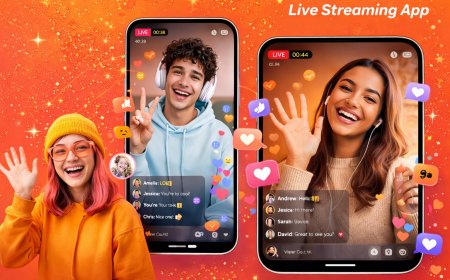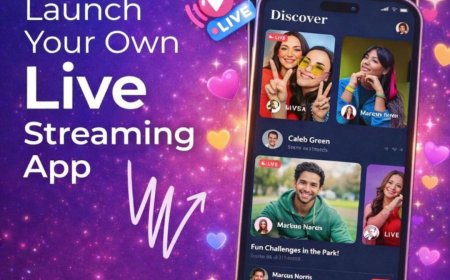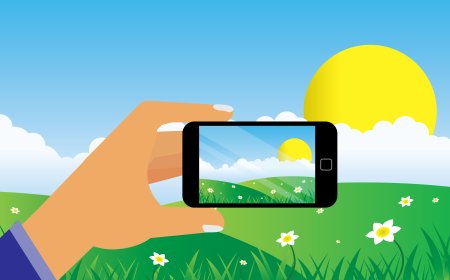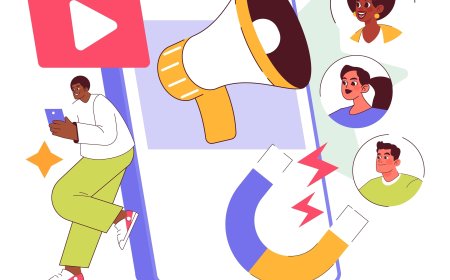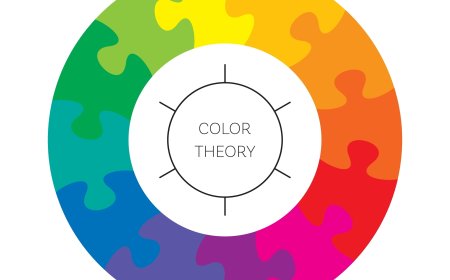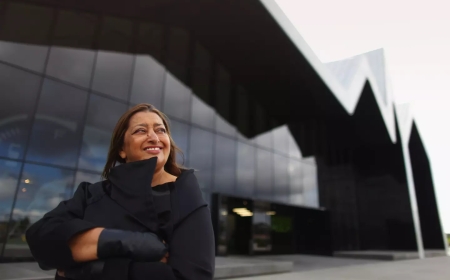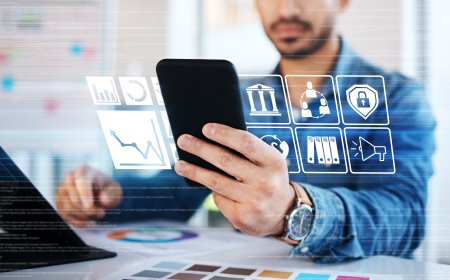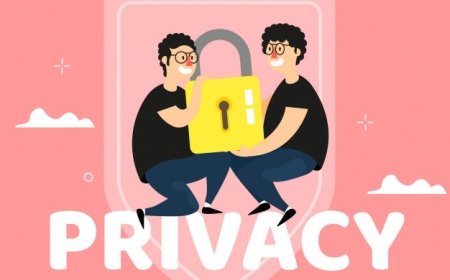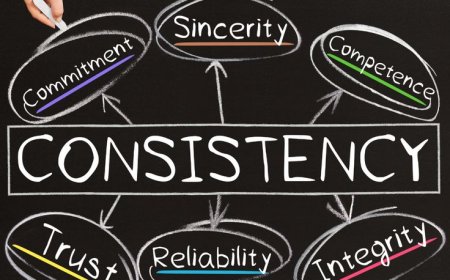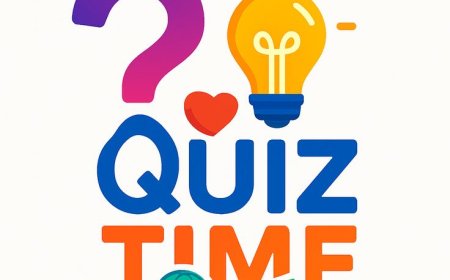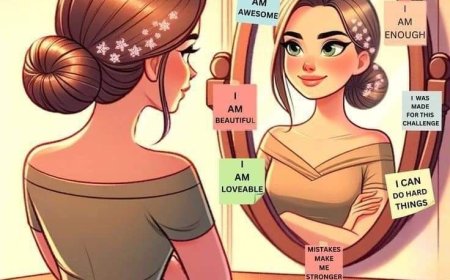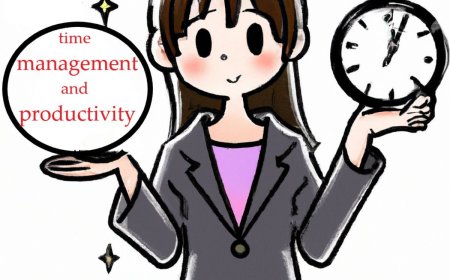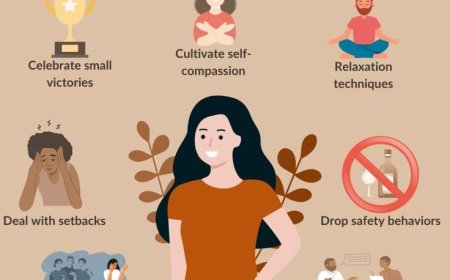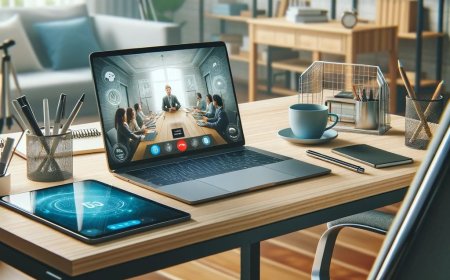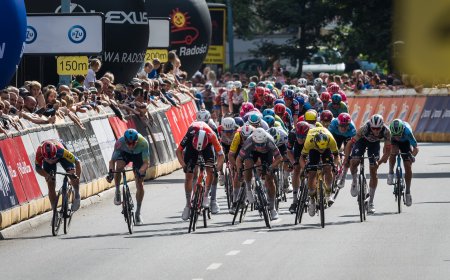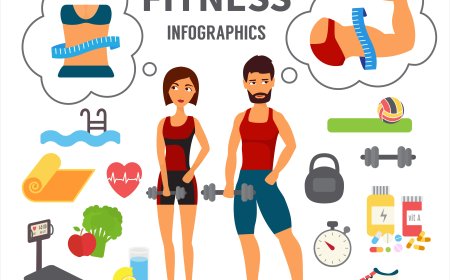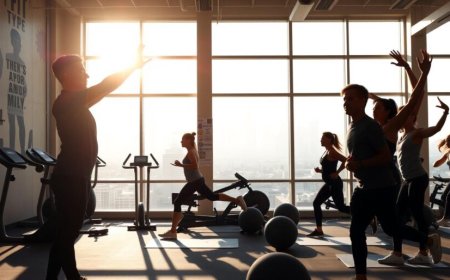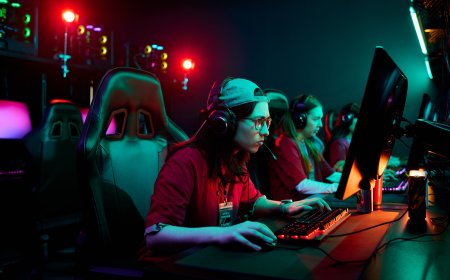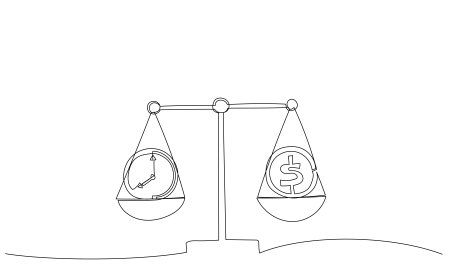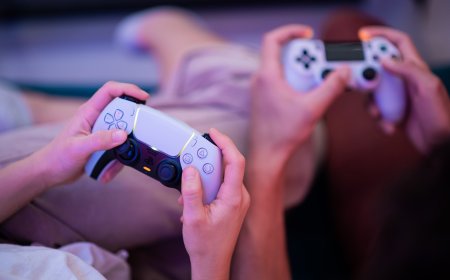Digital Detox & Mental Fitness: Simple Ways to Chill Out From Screens
Screens are everywhere and it’s exhausting. Digital detox and mental fitness help reduce stress, improve sleep, and boost focus. Small habits—like leaving your phone across the room, short walks, journaling, offline reading, or tiny offline challenges—make a difference. This blog shows simple, practical ways to take breaks, be more present, and feel calmer every day.

Introduction
People are always on their phones. Social media, work-related messages, and what not. I cannot speak for you, but sometimes it feels like the phone is glued to my hand. Sleep gets shorter. Brain feels fuzzy. You get crankier faster. That’s why digital detox is getting talked about more. And mental fitness too. Not the kind you do at the gym, but for your brain. Little habits, small changes. They matter.
Why Screens Are Addictive
Screens are addictive. Notifications give tiny hits of happiness. Likes, shares, messages—they make your brain keep coming back. You think you’re just checking for a second. Then an hour passes. Seriously. Over time, it messes with sleep. Makes you anxious. Hard to focus. Even five or ten minutes offline feels like a relief.
Some people do big detoxes. A full day offline. Not bad. But small steps work better for most. Turn off unnecessary notifications. Keep the phone out of your bedroom.
Simple Mental Fitness Habits

You don’t need much time because a few minutes daily helps.
- Go outside for a walk, even five minutes. Feels better.
- Stretch. Arms, legs, whatever. Move a bit.
- Write your thoughts down. Or list things you’re thankful for. Silly, but it works.
- Meditate if you can. Calm, Headspace… or just breathe. Focus on nothing.
- Read a book, listen to music. Offline. Your brain will like it.
Ten minutes is enough. No need to feel guilty if you miss a day. The point is to do it a little every day.
Tools Can Help, But Awareness Matters More
Apps can help, sure. Forest is okay. You plant a tree if you don’t touch the phone. Cute, but I forget sometimes. Focus To-Do, Screen Time—they track usage. But apps alone won’t fix anything. You have to pay attention. Know when or when not to pick up the phone.
Creating a Daily Routine
Routine helps. Don’t overthink it.
- Morning: no phone for the first hour. Stretch, coffee, read. Anything offline.
- Work: take short breaks away from screens. Walk to the kitchen. Look outside.
- Evening: set a cutoff for social media. Stop scrolling. No shame.
- Night: wind down without devices. Journal, read, talk to someone.
- Weekend: maybe half a day offline. Cook, play, go outside. Small detox.
Over weeks, these things add up. You notice better sleep. More energy. Less stress. Less irritation.
Extra Notes on Screen Overload and Small Wins
People also notice that screens can make small things feel bigger. A message pops up and suddenly you feel stressed for no reason. Or you check social media and everyone else seems to be doing better than you. It’s easy to forget that it’s just scrolling, nothing real. That’s why small breaks are simply wonderful. All you need to do is step outside for five minutes. Look around and breathe. Don’t check your phone. Just notice the world. It’s surprising how much calmer you feel.
Some people try to replace screen time with hobbies. Drawing, cooking, or even cleaning counts. Anything that keeps your hands busy and mind a little distracted from the phone helps. You don’t need to do it perfectly. The point is doing something else. Play a game with family, talk to a friend, or just sit quietly. Your brain gets a rest.
Sleep is one of the biggest things affected by screens. Even ten minutes before bed can change a lot. Reading a real book or listening to music instead of scrolling helps. Sometimes I just leave my phone across the room. Weirdly, it actually helps. In the morning, I feel less tired. I notice I have more energy. Mood feels better. Even patience seems easier. It’s surprising how small things make such a drastic difference.
Some days it’s harder than others. You pick up the phone without thinking. That’s fine. The goal isn’t perfection. It’s small choices, repeated over time. Even short offline moments count.
Other times, people use timers or little challenges. Don’t touch your phone for an hour. Or try a screen-free meal. Little wins like that can feel like big wins. And it makes you notice just how much time you spend looking at a screen. Awareness itself helps. You see patterns, notice stress points, and can adjust.
It’s okay to use technology. Phones, computers, apps—they are useful. But they shouldn’t run your day. Taking tiny breaks, moving a bit, breathing, and noticing surroundings. All of these make my life feel less frantic. You might be surprised how much more present you feel. Over weeks, it becomes easier. Your brain doesn’t feel fried. Your body feels better. And slowly, the phone becomes a tool, not a trap.
Looking Ahead
It’s not a trend. It’s survival. Remote work, constant notifications… it’s exhausting. People who build these habits early will feel calmer. Less stressed. More focused. And it doesn’t have to be complicated.
Just a few small choices. Every day. In the future, more apps, more support, maybe communities will help. Schools, workplaces—people might teach this stuff.
But honestly, it’s mostly about paying attention yourself. Simple things. Little wins. Don’t scroll too long. Step outside. Breathe. Write a line. That’s mental fitness. That’s digital detox. And yeah, it works.
What's Your Reaction?
 Like
0
Like
0
 Dislike
0
Dislike
0
 Love
0
Love
0
 Funny
0
Funny
0
 Angry
0
Angry
0
 Sad
0
Sad
0
 Wow
0
Wow
0



